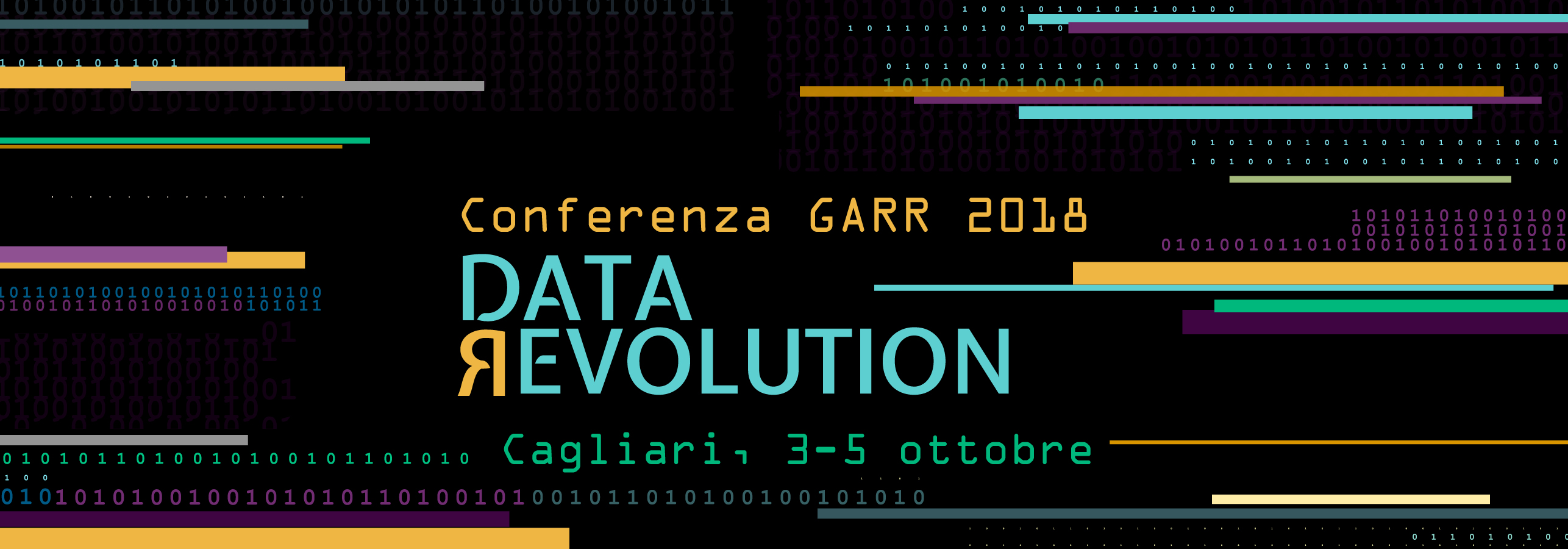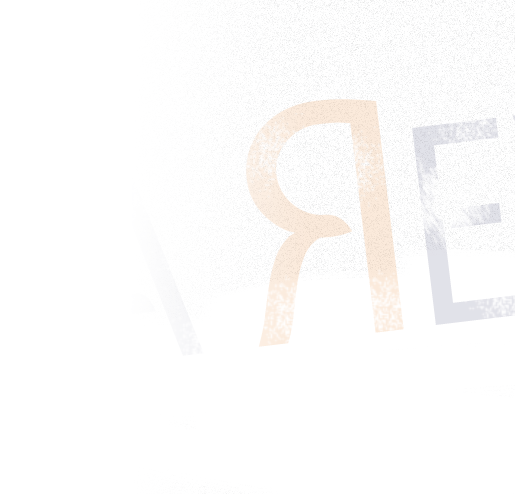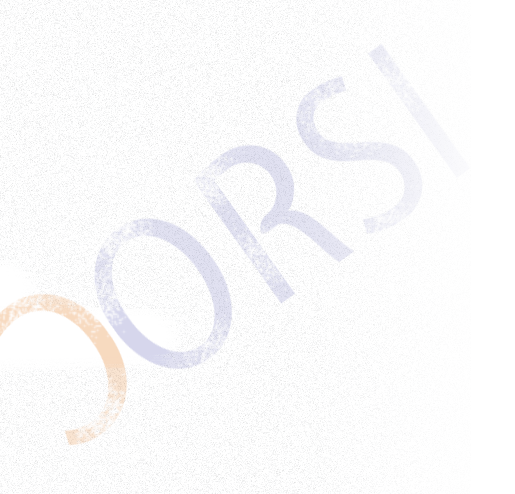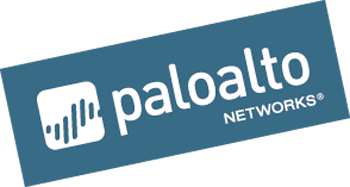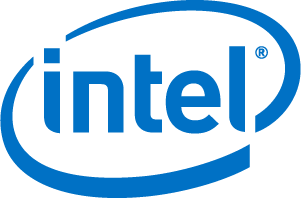Ugo Moschini
Interoperabilità e aggregazione di dati eterogenei per il monitoraggio dei risultati scientifici all'Istituto Italiano di Tecnologia
 Ugo Moschini ha conseguito un dottorato in Informatica presso l'Università di Groningen, Olanda, nell'analisi e classificazione di dati e immagini astronomiche. Ha lavorato per due anni all'Agenzia Spaziale Europea in Olanda e Germania nel supporto ad operazioni satellitari, brevettando un algoritmo di compressione dati. Al momento lavora al Data Analysis Office dell'IIT e si occupa dello sviluppo di metodi e strumenti per monitorare i risultati scientifici dell'istituto.
Ugo Moschini ha conseguito un dottorato in Informatica presso l'Università di Groningen, Olanda, nell'analisi e classificazione di dati e immagini astronomiche. Ha lavorato per due anni all'Agenzia Spaziale Europea in Olanda e Germania nel supporto ad operazioni satellitari, brevettando un algoritmo di compressione dati. Al momento lavora al Data Analysis Office dell'IIT e si occupa dello sviluppo di metodi e strumenti per monitorare i risultati scientifici dell'istituto.
 Ugo Moschini got a doctorate in Computer Science at the University of Groningen, the Netherlands, in the analysis and classification of astronomical data and images. He worked for two years at the European Space Agency in the Netherlands and Germany in support of satellite operations, patenting a data compression algorithm. At the moment he works at the Institute's Data Analysis Office and deals with the development of methods and tools to monitor the scientific results of the institute.
Ugo Moschini got a doctorate in Computer Science at the University of Groningen, the Netherlands, in the analysis and classification of astronomical data and images. He worked for two years at the European Space Agency in the Netherlands and Germany in support of satellite operations, patenting a data compression algorithm. At the moment he works at the Institute's Data Analysis Office and deals with the development of methods and tools to monitor the scientific results of the institute.
SESSIONE 8. INFRASTRUTTURE DIGITALI E SERVIZI PER RICERCA E FORMAZIONE
Interoperabilità e aggregazione di dati eterogenei per il monitoraggio dei risultati scientifici all'Istituto Italiano di Tecnologia
 Negli ambienti accademici o di ricerca, spesso accade che vengano richieste statistiche e relazioni sul personale di ricerca o sui gruppi di ricerca. I motivi sono diversi: analisi comparativa nazionale e internazionale per i processi di valutazione richiesti da entità interne ed esterne, promozione dei ricercatori durante la valutazione dei progressi nella loro carriera, presentazione di informazioni sulle pagine web istituzionali e molto altro.
Nella maggior parte dei casi, le informazioni a cui è necessario rispondere sono già presenti nei sistemi IT, di solito presenti in istituto. Tuttavia, la parte che richiede molto tempo è tutta l'informazione proveniente da sistemi che variano notevolmente. Di solito vanno da file Microsoft ubicati su alcuni dischi rigidi a servizi web più strutturati implementati da sistemi diversi A causa della varietà di tecnologie, l'onere di emettere report per rispondere alle richieste è rappresentato dal fatto di dover raccogliere e strutturare varie informazioni, spesso a mano. Richiede di dover contattare e attendere di informazioni da diversi uffici (su borse di studio, brevetti, informazioni sulle risorse umane, ...), che possono trovarsi in diverse località in tutto il Paese, oltre che azioni di copia e incolla che possono generare facilmente errori quando messe insieme nei report. In aggiunta a ciò, la pressante preoccupazione che ogni volta che una richiesta cambia leggermente (ad esempio, semplicemente raccogliendo i dati per un intervallo di anni diverso), tutto il lavoro deve essere ripetuto continuamente è sempre presente.
L'Istituto Italiano di Tecnologia (IIT) sta attualmente sviluppando soluzioni per affrontare le sfide sopra menzionate. C'è uno sforzo collettivo continuo fatto dagli uffici e dagli uffici ICT per fornire sistemi e modi per interagire e scambiare informazioni attraverso di loro.
Negli ambienti accademici o di ricerca, spesso accade che vengano richieste statistiche e relazioni sul personale di ricerca o sui gruppi di ricerca. I motivi sono diversi: analisi comparativa nazionale e internazionale per i processi di valutazione richiesti da entità interne ed esterne, promozione dei ricercatori durante la valutazione dei progressi nella loro carriera, presentazione di informazioni sulle pagine web istituzionali e molto altro.
Nella maggior parte dei casi, le informazioni a cui è necessario rispondere sono già presenti nei sistemi IT, di solito presenti in istituto. Tuttavia, la parte che richiede molto tempo è tutta l'informazione proveniente da sistemi che variano notevolmente. Di solito vanno da file Microsoft ubicati su alcuni dischi rigidi a servizi web più strutturati implementati da sistemi diversi A causa della varietà di tecnologie, l'onere di emettere report per rispondere alle richieste è rappresentato dal fatto di dover raccogliere e strutturare varie informazioni, spesso a mano. Richiede di dover contattare e attendere di informazioni da diversi uffici (su borse di studio, brevetti, informazioni sulle risorse umane, ...), che possono trovarsi in diverse località in tutto il Paese, oltre che azioni di copia e incolla che possono generare facilmente errori quando messe insieme nei report. In aggiunta a ciò, la pressante preoccupazione che ogni volta che una richiesta cambia leggermente (ad esempio, semplicemente raccogliendo i dati per un intervallo di anni diverso), tutto il lavoro deve essere ripetuto continuamente è sempre presente.
L'Istituto Italiano di Tecnologia (IIT) sta attualmente sviluppando soluzioni per affrontare le sfide sopra menzionate. C'è uno sforzo collettivo continuo fatto dagli uffici e dagli uffici ICT per fornire sistemi e modi per interagire e scambiare informazioni attraverso di loro.
Service Interoperability for Quick Monitoring of the Scientific Output at the Italian Institute of Technology
 In academic or research environments, it is often the case that statistics and reports regarding research staff or research groups are requested. The reasons are manifold: national and international benchmarking for evaluation processes required by internal and external entities, promotion of researchers while evaluating advancements in their career, showcase of information on institutional web pages, and many more.
In most cases, the information needed to answer such requests is already present in the IT systems that an institute usually has. However, the time-consuming part is to gather all the information from systems that vary greatly. In a normal setting, they usually span from Microsoft files on some hard disk to more structured web-services implemented by different systems. Due to the variety of technologies, the burden of issuing reports to answer requests is represented by collecting and structuring diverse information, often by hand. It requires contacting and waiting for a feedback from offices (about grants, patents, HR information, ...), that can even be in different locations across the country, copy/paste actions that are very much error-prone while getting together the data in a report. In addition to that, the pressing concern that whenever a request change slightly (e.g., simply gathering the data for a different range of years), all the work must be repeated again and again is always present.
The Italian Institute of Technology (IIT) is currently developing solutions to face the challenges mentioned above. There is an ongoing collective effort made by the designated offices and the ICT offices to provide systems and ways to interact and exchange information through them.
In academic or research environments, it is often the case that statistics and reports regarding research staff or research groups are requested. The reasons are manifold: national and international benchmarking for evaluation processes required by internal and external entities, promotion of researchers while evaluating advancements in their career, showcase of information on institutional web pages, and many more.
In most cases, the information needed to answer such requests is already present in the IT systems that an institute usually has. However, the time-consuming part is to gather all the information from systems that vary greatly. In a normal setting, they usually span from Microsoft files on some hard disk to more structured web-services implemented by different systems. Due to the variety of technologies, the burden of issuing reports to answer requests is represented by collecting and structuring diverse information, often by hand. It requires contacting and waiting for a feedback from offices (about grants, patents, HR information, ...), that can even be in different locations across the country, copy/paste actions that are very much error-prone while getting together the data in a report. In addition to that, the pressing concern that whenever a request change slightly (e.g., simply gathering the data for a different range of years), all the work must be repeated again and again is always present.
The Italian Institute of Technology (IIT) is currently developing solutions to face the challenges mentioned above. There is an ongoing collective effort made by the designated offices and the ICT offices to provide systems and ways to interact and exchange information through them.


